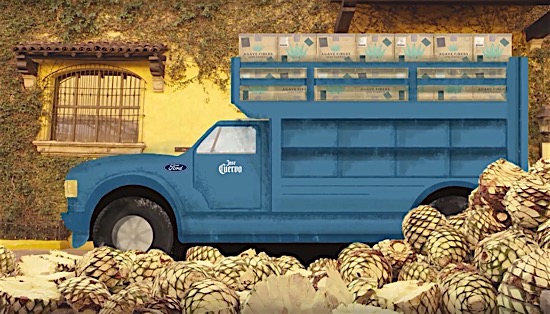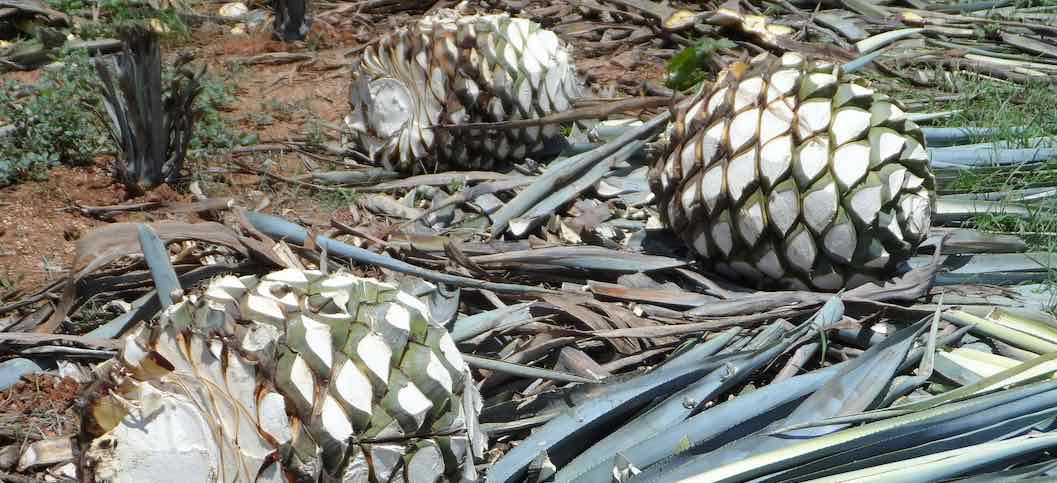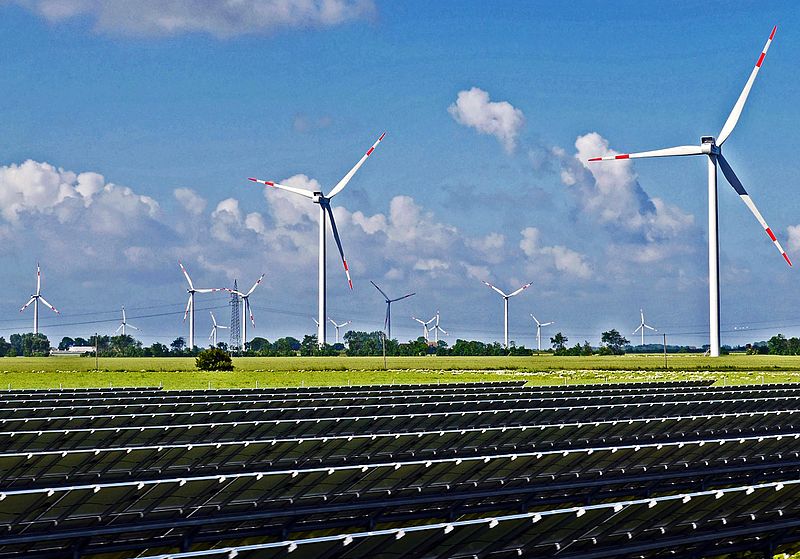Ford Motor Company and the iconic tequila brand Jose Cuervo have come together to make automotive parts from byproducts of the tequila-making process.
Ford believes Agave could reduce the weight of vehicles and improve fuel economy
The making of tequila from the agave plant leaves a lot of agave byproduct since only the liquid from the heart of the agave plant is actually used to make tequila. The automaker is exploring whether the agave byproduct could be used in making storage bins, HVAC units, fuse boxes, and wiring for Ford cars and trucks.
The project is part of Ford’s “FarmToCar” initiative, which aims to replace petroleum-based plastics with sustainable plant-based materials. Ford believes that bio-plastic could reduce vehicles’ overall carbon footprint and cut oil consumption.
No dearth of cheap raw material
Jose Cuervo harvests anywhere between 200-300 tons of agave plants daily. The agave is roasted, pressed, fermented, and distilled to make tequila. The process results in a lot of leftover agave that nobody knows what to do with.
Ford is turning the leftover plant fibers into bio-plastics
Ford claims that there are around 400 pounds of plastic used in a typical car. That creates a great opportunity to replace these plastic parts with bio-plastic made from agave fibers.
If the project is successful, the Agave plant fibers will join the other plant-based materials used for car parts by Ford. Ford already uses soy-based foam, wood, coconut fiber, castor oil, wheat straw, kenaf fiber, cellulose, and rice hulls in its vehicles.








